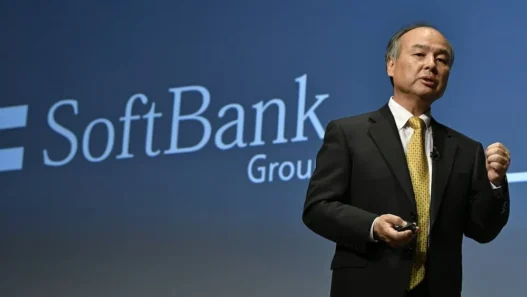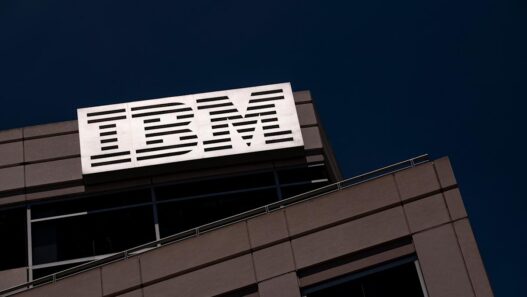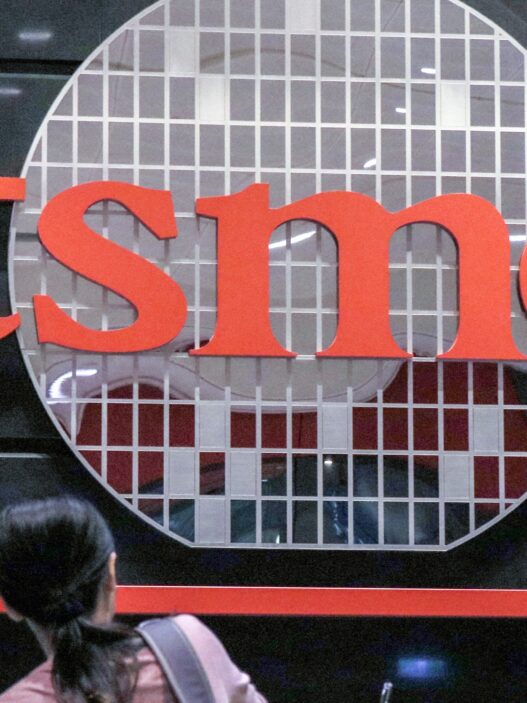Hewlett Packard Enterprise (HPE), a global leader in enterprise IT solutions, finds itself at the center of an unexpected controversy that threatens to upend its planned $14 billion acquisition of Juniper Networks. The deal, initially hailed as a strategic move to bolster HPE’s networking and cloud infrastructure capabilities, now faces uncertainty due to the swirling impact of MAGA-related conspiracy theories affecting corporate governance and investor confidence.
The merger, announced earlier this year, was designed to create a powerhouse in enterprise networking, combining Juniper’s advanced routers and software-defined networking expertise with HPE’s broad IT infrastructure portfolio. Analysts viewed the acquisition as a natural fit, enabling both companies to better compete against giants like Cisco and Arista in the rapidly growing cloud and data center markets.
However, in recent months, HPE has been indirectly caught up in the wave of misinformation and politically charged narratives emanating from some corners of the MAGA movement. Although the company itself has no direct ties to any political faction, conspiracy theories involving HPE’s leadership and supposed ideological stances have spread across social media platforms and fringe online communities. These unfounded allegations have cast a shadow over the company’s reputation, stirring concern among shareholders and regulatory bodies.
The negative publicity has prompted some institutional investors to reassess their positions, worried that prolonged scrutiny and public relations challenges could delay or derail the merger approval process. Moreover, regulatory agencies, which have already been intensifying their oversight of major tech consolidations, may now scrutinize the deal more closely given the potential for reputational risks and market disruption.
Industry insiders warn that this development is emblematic of a larger trend where political and social polarization intersects with business transactions, complicating deals that would otherwise proceed smoothly. For HPE, the stakes are high: failure to complete the Juniper acquisition could slow its growth trajectory at a critical juncture when network modernization and hybrid cloud solutions are in high demand.
In response, HPE’s executive team has doubled down on transparency and stakeholder engagement, issuing statements reaffirming the company’s commitment to innovation, neutrality, and shareholder value. CEO Antonio Neri and other top executives have embarked on a global investor roadshow to rebuild trust and clarify the strategic benefits of the Juniper merger.
Despite the current turbulence, many market observers remain optimistic that the deal can ultimately be salvaged. The fundamental business rationale remains sound, and both companies have strong product lines and complementary technologies that promise significant synergies.
Yet, this episode serves as a stark reminder of how external political forces and misinformation campaigns can unexpectedly influence corporate decisions and investor sentiment. For HPE and Juniper, navigating this minefield will require careful management, clear communication, and perhaps a bit of patience.
In summary, HPE’s $14 billion Juniper merger is caught in an unusual crossfire between business ambitions and political controversies fueled by MAGA conspiracy theories. How the company manages these challenges will determine whether the deal moves forward and how it shapes the future of enterprise networking.






















